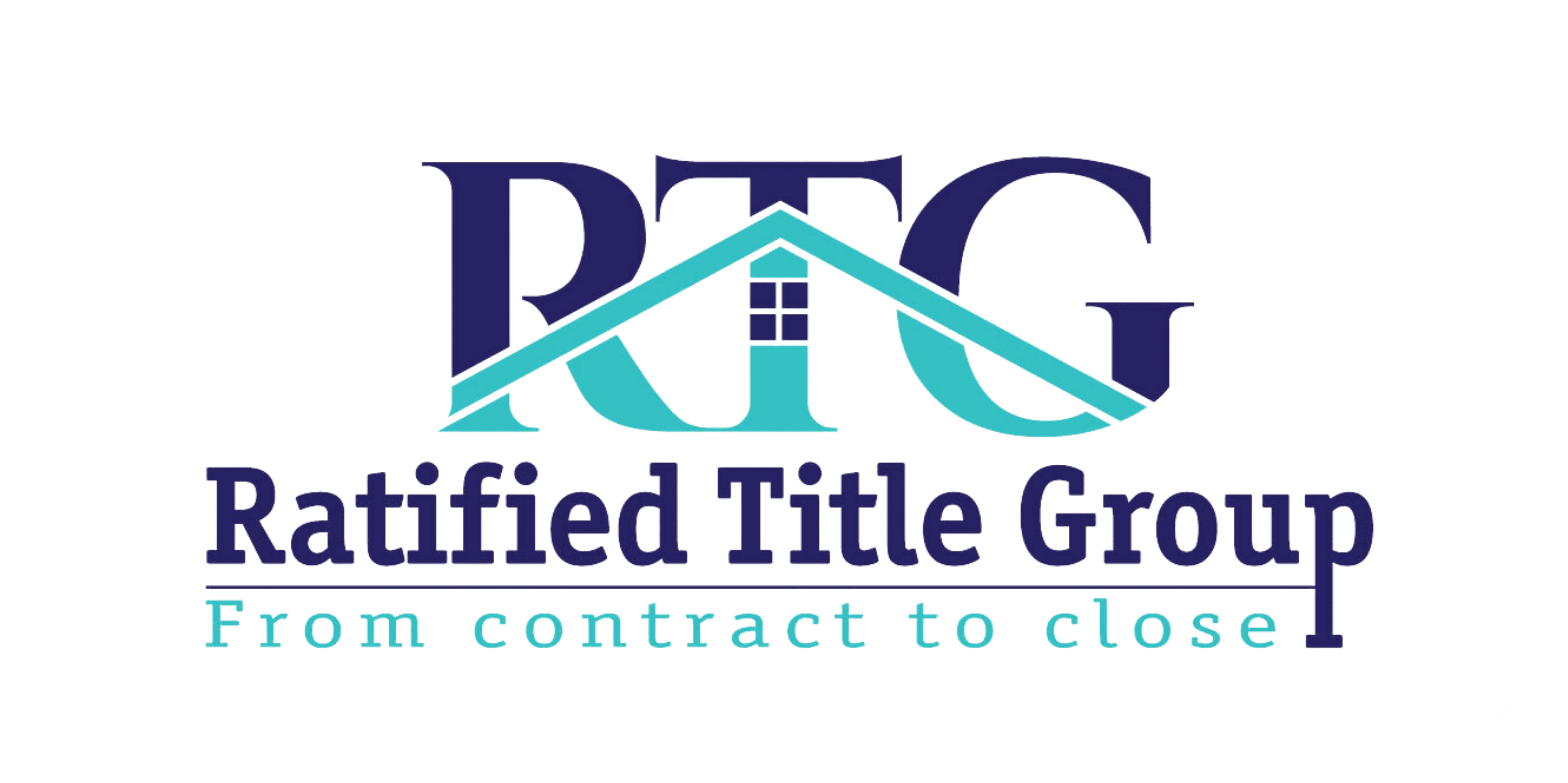What Is Title Insurance?
Title insurance is a form of indemnity insurance that protects lenders and homebuyers from financial loss sustained from defects in a title to a property. The most common type of title insurance is lender’s title insurance, which the borrower purchases to protect the lender. The other type is owner’s title insurance, which is often paid for by the seller to protect the buyer’s equity in the property.
KEY TAKEAWAYS
- Title insurance protects lenders and buyers from financial loss due to defects in a title to a property.
- The most common claims filed against a title are back taxes, liens, and conflicting wills.
- A one-time fee paid for title insurance covers pricey administrative fees for deep searches of title data to protect against claims for past occurrences.
- Any real estate transactions must have a clear title to ensure the property is free from liens.
- A title insurance policy will cover numerous risks like flawed records, incorrect ownership, and falsified documents.
Understanding Title Insurance
A clear title is necessary for any real estate transaction. Title companies must do a search on every title to check for claims or liens of any kind against them before they can be issued.1
A title search is an examination of public records to determine and confirm a property’s legal ownership and determine whether there are any claims on the property.1 Erroneous surveys and unresolved building code violations are two examples of blemishes that can make the title “dirty.”
Title insurance protects both lenders and homebuyers against loss or damage occurring from liens, encumbrances, or defects in a property’s title or actual ownership. Common claims filed against a title are back taxes, liens (from mortgage loans, home equity lines of credit (HELOC), easements), and conflicting wills. Unlike traditional insurance, which protects against future events, title insurance protects against claims for past occurrences.2
A basic owner’s title insurance policy typically covers the following hazards:3
- Ownership by another party
- Incorrect signatures on documents, in addition to forgery and fraud
- Flawed records
- Restrictive covenants (terms that reduce value or enjoyment), such as unrecorded easements
- Encumbrances or judgments against property, such as outstanding lawsuits and liens
Article By: Adam Hayes
Read full article here: https://www.investopedia.com/terms/t/title_insurance.asp

